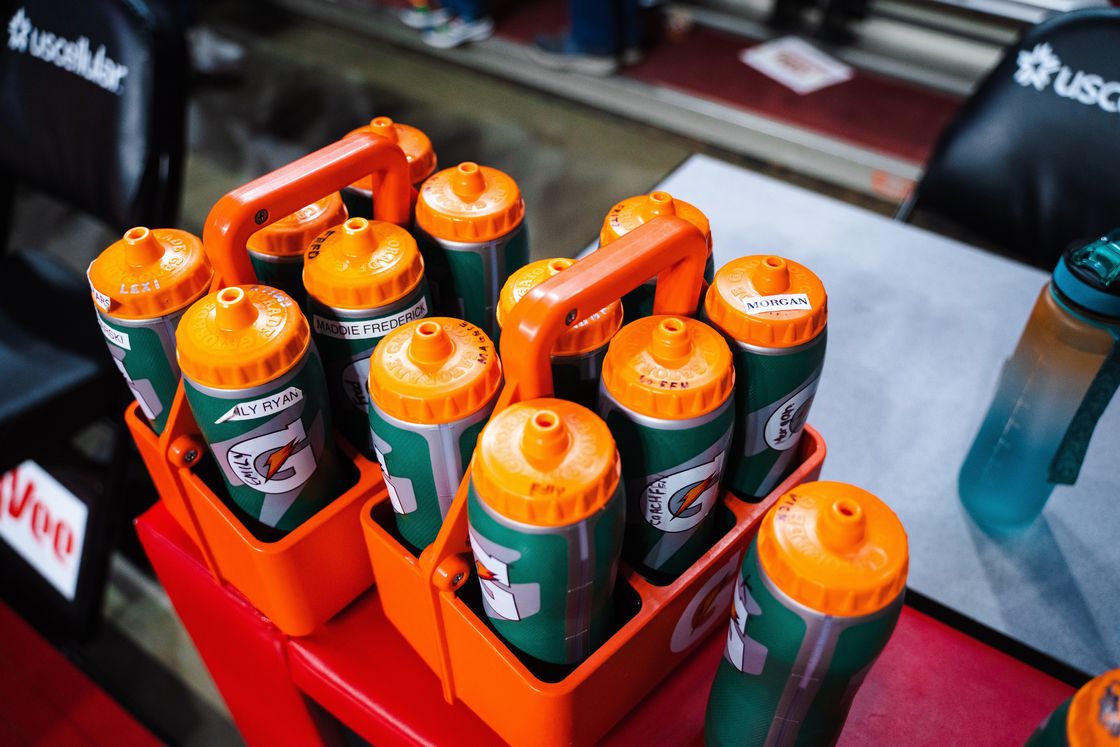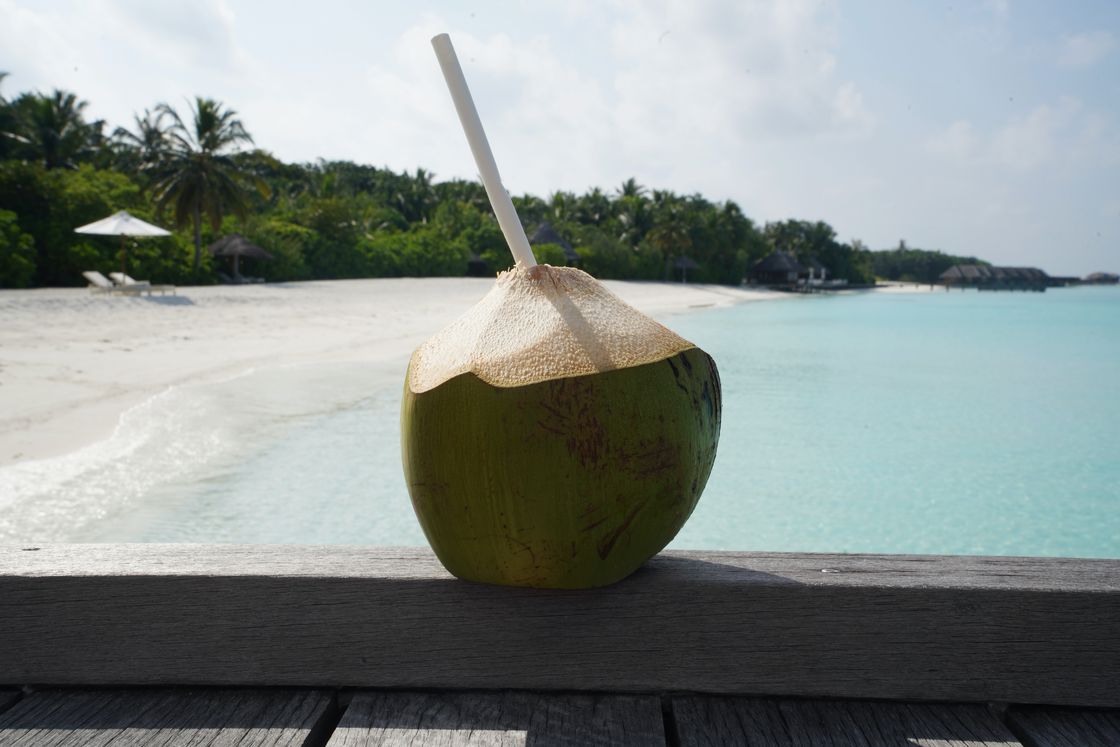Boosting your pep and staying power hinges on one key thing: electrolytes. My own mistakes in the fitness journey showed me not every electrolyte source is made the same. So, what is the best source of electrolytes then? Let’s dig in, ensuring your next choices are backed with concrete knowledge!
What Is the Best Source of Electrolytes?
The ideal source of electrolytes? No, it’s not the fancy sports drinks. It’s a blend of natural foods like fruits, vegetables, and dairy, complemented by select, high-quality supplements when necessary. Natural food sources, including bananas, oranges, and yogurt, typically outshine most commercial sports drinks, delivering essential electrolytes without the extra sugars and additives.

Delving a tad deeper into the electrolyte mystery reveals the importance of a balanced intake, precisely matched to your body’s unique needs and activity levels. While sports drinks offer convenience and rapid replenishment, opting for natural sources ensures a wealth of nutrients beyond just electrolytes.
Moving forward, let’s explore the rich tapestry of foods that are delightful to our palates and splendidly rich in electrolytes.
The Best Food Sources of Electrolytes
A delightful array of foods offers a burst of delightful flavors and a surge of crucial electrolytes to elevate your physical prowess.
Bananas
Touted for their 422 mg of potassium per medium-sized fruit, bananas aid in nerve and muscle cell functionality, substantiated by numerous studies linking them to reduced muscle cramp occurrences during exercise.
Spinach
Each cup of cooked spinach delivers around 157 mg of magnesium, an essential electrolyte that contributes to:
- Nerve function
- Muscle control
- Maintaining a healthy heartbeat
Oranges
Behind their vibrant, juicy exterior, 100mg of oranges harbor approximately 181 mg of potassium. This indispensable electrolyte plays a critical role in:
- Nerve transmission
- Muscle contractions
- Balancing fluids in our body
Oranges perfectly blend refreshment with wellness in each citrusy bite.
Coconut Water
Coconut water, a tropical delight, offers more than its light, refreshing taste. It’s celebrated for containing five key electrolytes:
- Sodium
- Potassium
- Calcium
- Magnesium
- Phosphorus

Coconut water serves as a versatile, nutrient-dense hydration partner, especially after engaging in vigorous activities.
Yogurt
A cup of yogurt brings more to the table than a creamy texture and tangy flavor. Providing about 380 mg of potassium and 290 mg of calcium per cup, it assures us a rich source of vital electrolytes and also a contributor to sustained muscle and bone health.
Avocados
Avocados showcase their might with a hefty 708 mg of potassium per cup. This pivotal electrolyte is instrumental in managing:
- Heart rhythm
- Blood pressure
- Overall cardiovascular wellness
Avocados prove to be a pinnacle of both; taste and health benefits.
Walking through the myriad of foods, it becomes evident that nature has sprinkled electrolytes generously across a wide array of delicious whole foods.
The Best Drink Sources of Electrolytes
Sipping our way to electrolyte bliss, let’s explore the liquid world of electrolytes, where each sip promises a burst of vital minerals.
Coconut Water
Often referred to as “Nature’s Sports Drink,” coconut water presents a low-calorie, low-sugar option while packing in potassium, sodium, magnesium, calcium, and phosphorus, a cocktail that efficiently elevates our hydration levels. Studies have highlighted its effectiveness, particularly in small bouts of exercise while staying active, offering a sweet, light, and refreshing alternative to sports drinks.
Chocolate Milk
Chocolate milk offers a robust profile of sodium, calcium, and essential sugars, making it an unexpected post-workout hero. It even aids in muscle recovery, presenting a scrumptious, nutrient-dense option to replenish after those strenuous activities.
Wrapping our minds around these tasty and nutrient-dense options, it’s uplifting to realize how wellness and indulgence can beautifully coexist.
Electrolyte Replacement Products
The natural sources are excellent. However, as a fitness enthusiast like myself, you might be interested in an array of electrolyte replacements. Sports drinks, powders, and tablets also stand as healthy options for electrolyte nourishment.
Sports Drinks
Sports drinks can be particularly effective in activities that exceed 60 minutes of high-intensity work, providing fluid and essential electrolytes and carbohydrates to refuel and rehydrate efficiently. If training hard for extended periods of time, or in hot and humid conditions, a sports drink is a great way to quickly replenish electrolyte levels.

Powders
Powders offer a customizable approach to hydration, enabling you to tweak concentrations according to your specific needs. Carbohydrate-electrolyte solutions, often found in powders, have been validated to sustain and even enhance sports performance, particularly in endurance events.
Tablets
For those who might favor a fuss-free, portable option, electrolyte tablets step into the limelight. Though they provide a quick and convenient electrolyte fix, it’s pertinent to acknowledge the necessity of accurately deciphering labels to ensure you’re not unwittingly consuming unwanted additives or high doses of particular minerals.
Other Sources of Electrolytes
Did you know your kitchen is also a hidden gem when it comes to finding electrolyte sources? Let’s wander through the everyday foods that quietly help us keep our body’s electrical balance in check without any fanfare.
For example, celery isn’t just a salad cruncher – it’s a nice source of sodium! Lentils, cozy and hearty, also carry a good dose of magnesium and potassium, keeping our muscles and heart ticking along smoothly. Meanwhile, snack buddies like sunflower and pumpkin seeds are little nuggets of zinc and magnesium, making each munch a step towards electrolyte balance.
Related Questions
What Is the Best Way to Replenish Electrolytes in Your Body?
The optimal way to replenish electrolytes involves consuming a balanced mix of nutrient-dense foods like fruits, vegetables, and dairy, along with mindful hydration through drinks like coconut water, which have a natural electrolyte balance. For rapid replenishment, a blend of natural sources and electrolyte supplements can be considered.
What Is the Richest Source of Electrolytes?
Coconut water is often hailed as a rich source due to its five key electrolytes: sodium, potassium, calcium, magnesium, and phosphorus, without the added sugars found in many commercial drinks. In the realm of food, items like bananas, spinach, and avocados are stellar sources, offering a variety of essential electrolytes.
What Drink Has the Most Electrolytes?
When discussing natural sources, coconut water stands out with its impressive array of electrolytes and minimal sugar content. However, sports drinks contain a precisely formulated balance of electrolytes intended for rapid replenishment.
Conclusion
Electrolytes, hidden in a delightful array of foods and drinks, become our silent allies in wellness, ensuring every heartbeat, muscle contraction, and thought flows effortlessly. Through the savory sips of coconut water or the hearty bites of spinach, your body finds vitality, weaving together the wonderful dance of nourishment and refreshment in every choice.